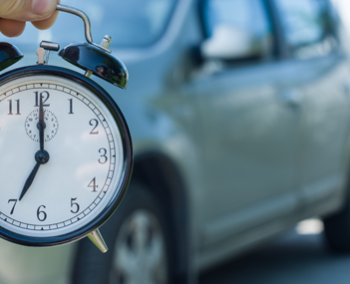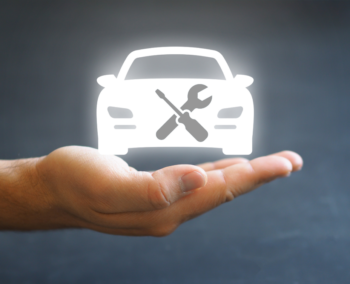
Car depreciation is how much value your vehicle loses during your ownership.
It’s often an afterthought when looking to buy a car, but it’s worth considering if you’re not leasing or financing through a PCP.
That’s because when it comes to selling the vehicle, especially if you’re the outright owner, you may not get back as much as you think if your car has depreciated a lot.
How much does a car depreciate every year?
There’s no set amount to how much a car depreciates every year. Instead, depreciation is usually worked out in per cent, and, on average, a car will depreciate between 50% to 60% during the first three years of its life.
After that, depreciation slows until it eventually levels out when the vehicle is around eight years old.
The rate of depreciation is usually down to three main factors; price, quality – both perceived and actual – and fuel efficiency. That’s why diesel-engined cars, although more expensive to buy, tend to hold their value better than their petrol equivalents.
How vehicle quality affects depreciation
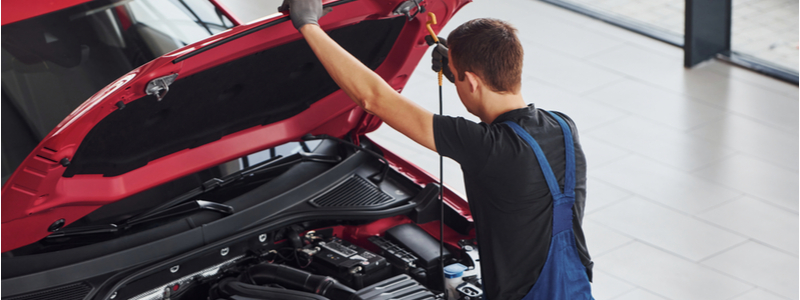
Your vehicle’s quality, both perceived and actual, also plays a big role in how much it depreciates.
If you go for something like an Audi, BMW or Mercedes-Benz – cars that are desirable makes and come with strong reliability track records – your vehicle will depreciate less than if you spent the same money Peugeot or Vauxhall.
How vehicle price affects depreciation
The original price of your vehicle plays a big part in how much it depreciates.
As depreciation is worked out by per cent, you’ll lose more if you buy a more expensive car. For example, a £10,000 hatchback will lose between £5,000 to £6,000 during the first three years from new. Whereas a luxury SUV costing £60,000 will lose £30,000 to £36,000, which is a £25,000 to £30,000 difference.
So, when you buy a car, it’s important to take depreciation into account, as it will certainly impact you more in your pocket than skipping a few trips to the petrol station through better fuel economy.
How fuel efficiency affects depreciation
Fuel efficiency is a big buying motive for a lot of people. You obviously want to spend as little as possible running your car.
And more fuel-efficient vehicles often have a higher residual value (what your car is worth when it comes to selling it or handing it back if you’re on a lease).
Those that are expensive to run, such as petrol-engined cars, won’t be worth as much as diesel or an all-electric vehicle, which come with lower running costs.
How to avoid depreciation
There’s no way to completely avoid depreciation unless you buy an old car – which then comes with its own challenges such as fuel efficiency, maintenance costs and reliability.
However, you can minimise it by buying smart.
If you want to suffer from as little depreciation as possible, don’t buy a brand-new car, as a vehicle depreciates most during the first three years of its life.
Buy an Approved Used model – around two to four years old – with good fuel efficiency, made by a reputable and desirable manufacturer, from the main dealer (so you can be assured of its quality).

Yes, it might cost you more than a small, petrol-powered city car, but you’ll also recoup more when it comes to selling it.
Read: 15 tips for buying a used car to get the best price and car
What should you consider before choosing a car to reduce depreciation?
Before you choose a car, you should think about how much it will depreciate and make sure you’re comfortable with the amount.
New vs used
As we’ve already mentioned, new cars will depreciate more than used ones. But, unless you buy a car that’s around eight years old, you can still expect some depreciation.
Type of fuel
Petrol cars tend to depreciate faster than other fuel types, although hybrid vehicles are known for suffering the same fate.
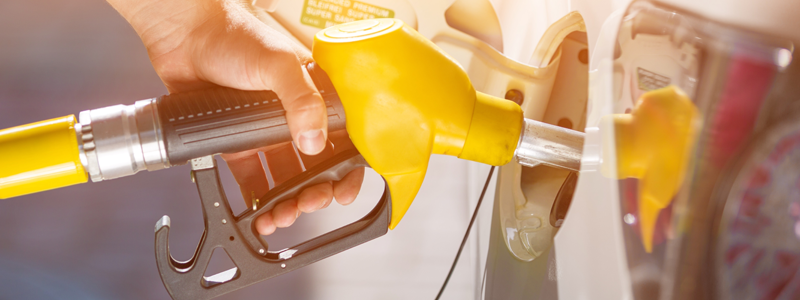
Diesel cars usually hold their value more compared to petrol and hybrid, as do all-electric cars.
Brand of vehicle
A car made by a more desirable manufacturer, such as BMW, Audi, Volkswagen, Land Rover and Mercedes-Benz, tend to hold their value better than less-prestige marques.
That’s because they’re perceived to be of better quality and usually more reliable, although that’s not always the case.
How to work out depreciation on a car
Working out how much your car will depreciate is quite simple, albeit its not an exact science.
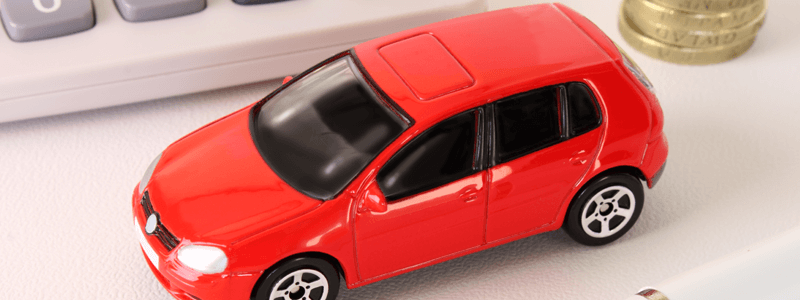
If the model you’re looking at has been in circulation for a while, you can usually find an older version on most used car websites.
Then compare the price of the car you’re interested in with the one from the older model and work out the difference. That will give you an idea of how much your car will depreciate over that period of time.
But, make sure you’re comparing like-for-like. Don’t, for example, compare petrol and diesel or a top-of-the-range model with an entry-level version as it won’t give you an accurate estimate.
And remember, that’s all it is – an estimate.
Five of the slowest depreciating cars
When you’re looking for a car, if avoiding depreciation is important to you, certain vehicles have a strong track record of holding their value.
- Range Rover Evoque
- Land Rover Defender
- Mercedes-Benz A-Class
- Jaguar E-Pace
- Dacia Duster

